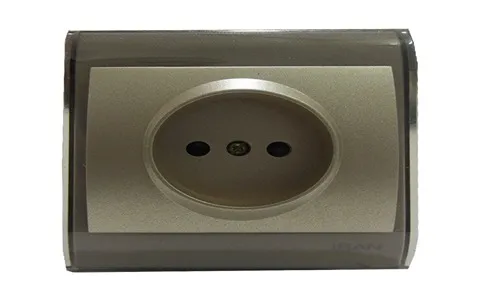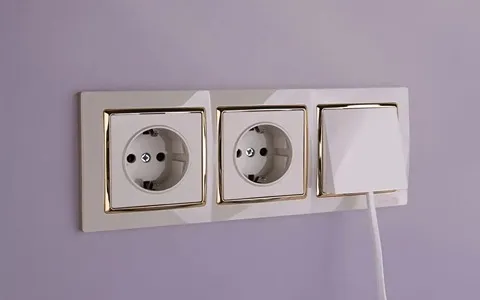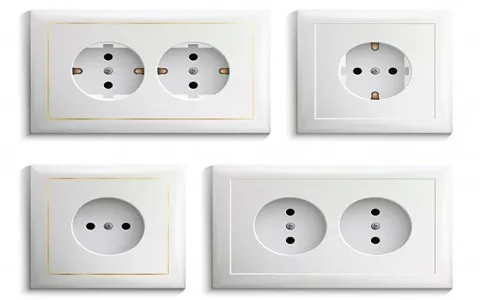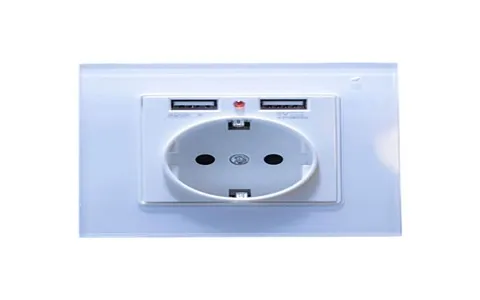An electrical panel inside a home or building is a crucial component of the electrical system, serving as the hub where electricity is distributed throughout the structure.

This panel, also known as a breaker box or circuit breaker panel, plays a vital role in ensuring the safety and functionality of the electrical system.
Understanding the importance of the electrical panel inside your property can help you make informed decisions about maintenance, upgrades, and safety measures.
The primary function of an electrical panel is to receive power from the utility company and distribute it to the various circuits throughout the building.
Inside the electrical panel, you will find circuit breakers or fuses that control the flow of electricity to different parts of the property.

When an electrical circuit is overloaded or a fault occurs, the circuit breaker will trip, cutting off the power supply to that specific circuit and preventing potential damage or fire hazards.
Electrical panels also serve as a safety mechanism by providing a centralized location for shutting off power to the entire building in case of emergencies or maintenance work.
This ability to disconnect power quickly and easily helps prevent accidents and ensures the safety of occupants and property.
There are different types of electrical panels available, with the most common being fuse boxes and circuit breaker panels.
Fuse boxes contain fuses that melt when a circuit is overloaded, while circuit breaker panels have switches that can be manually reset after tripping.
Circuit breaker panels are more commonly used today due to their convenience and safety features.

Electrical panels come in various sizes and configurations to accommodate the specific electrical needs of a property.
The size of an electrical panel is determined by factors such as the electrical load, number of circuits, and future expansion requirements.
It is essential to have an adequately sized electrical panel to prevent overloading and ensure the reliable operation of the electrical system.
Like any other electrical component, electrical panels can develop issues over time due to factors such as wear and tear, age, or improper installation.

It is essential to be aware of the signs indicating potential problems with your electrical panel to address them promptly and prevent safety hazards.
One common indication of electrical panel issues is frequent circuit breaker tripping.
If your circuit breakers trip frequently or if you notice any burn marks or unusual sounds coming from the panel, it may be a sign of wiring problems, overloading, or a faulty circuit breaker.
Ignoring these warning signs can lead to electrical hazards and damage to your property.
